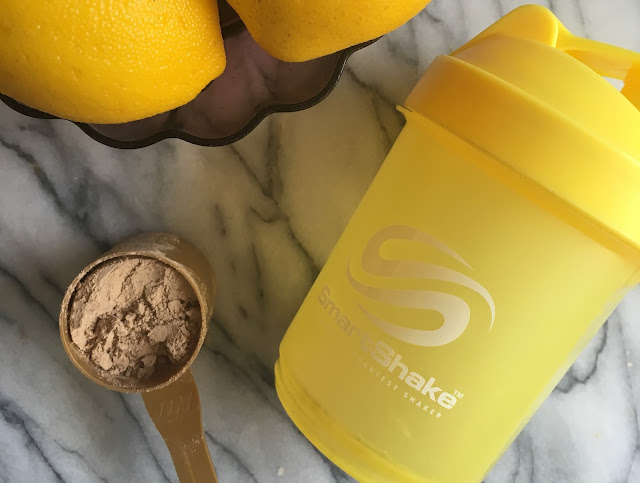A few months ago, while taking a break and drinking my protein shake, my co-worker asked “Are you drinking protein to get bigger muscles.” Huh?
Because health and fitness has become more popular, I am often surprise how many misconceptions there are about protein. I wanted to discuss the three greatest misconceptions that I often hear or read about protein.
1. Protein Makes You Fat:
Protein, like everything we consume, has a caloric value. For protein, one gram is four calories. The same as carbs. And while both have a different effect in your body, eating too much of either one can cause weight gain. In other words, just because chicken or protein shakes are labeled as “healthy,” do not over consume.
2. Protein Gives You Muscles:
Often people confused protein intake, especially powder forms, to be a direct link to muscle growth. And while consuming protein helps, it is only one small factor that helps build muscles.
In order for muscles to grow, muscle need to be placed under tension, such as lifting something heavy. This will lead to muscle damage. To repair the damaged muscles, the body releases an inflammatory molecules, called cytokines, and immune system cells. Protein, insulin growth factors, and testosterone help shift the body to start this repair process. Basically, it takes a lot of work to build muscles. Simply drinking a protein shake, or any supplement for that matter, will not make you the next Arnold Schwarzenegger.
3. Too Much or Too Little Protein:
Diet videos on youtube are often flooded with comments debating how much protein someone needs. Currently RDA, recommends daily allowances, for protein is between .8 per kg per body weight and the Dietary Guidelines for Americans recommends is 10-35% of daily calories.
There are consequence to having too little or too much protein. Too little protein can cause weakness, hair loss, lost of energy, and many other damages to the body. Too much protein, and not enough carbs or fat, can initiate gluconeogenesis, which in turn leads to kidney damage.
So what is the right amount for me?
It depends on your activity level. For instance professional athletes and bodybuilder will have a higher protein intake because they are constantly damaging and repairing muscles. While someone who does cardio three times a week for an hour, may not need as much.
For most of us, who workout on a regular basis sticking within the recommend range is a good starting point. Also, It is important to listen to your body, everyone’s different, so there is no concrete answer.

Did you get some of your thoughts from here (similar perspective): http://wholearticle.com/ideas